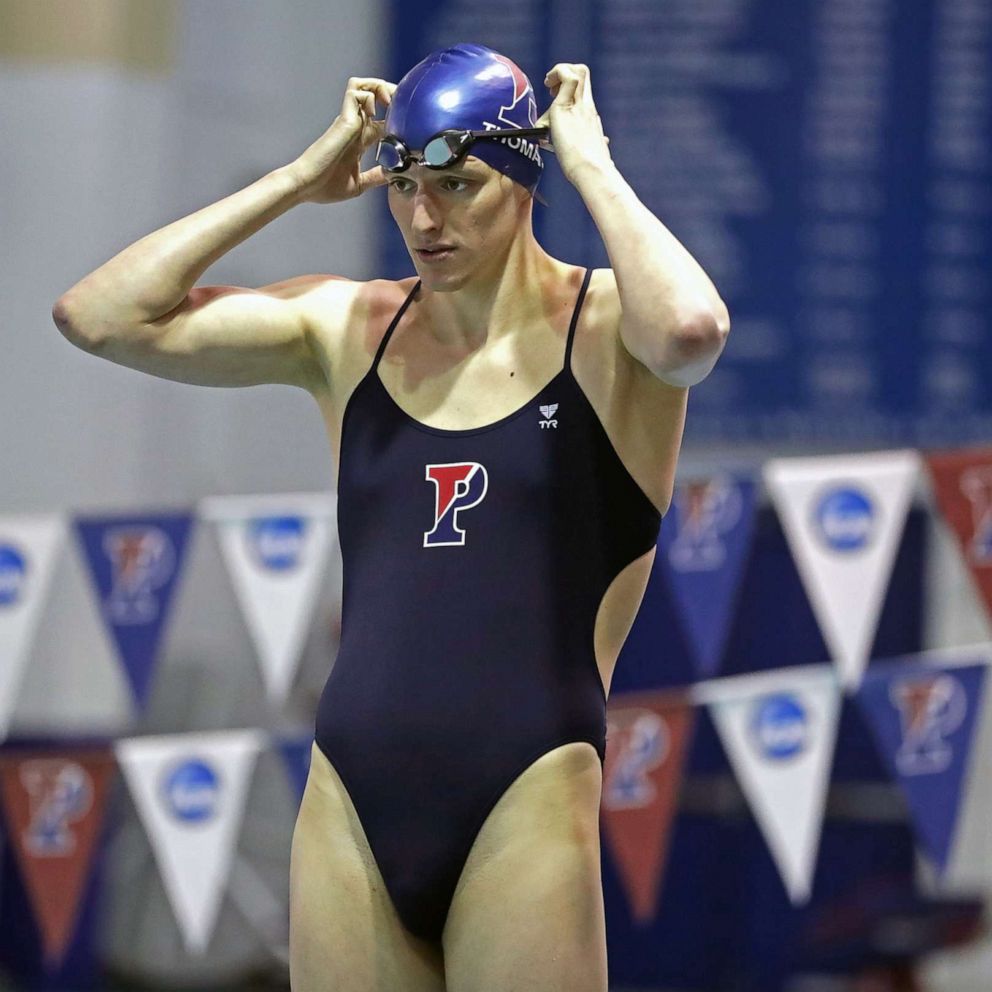A recent controversy in competitive swimming has garnered national attention as a girls’ swimming team declined to compete against Lia Thomas, a transgender athlete. The decision has sparked a heated debate about fairness, inclusion, and the future of women’s sports.
The Decision and Its Rationale
The girls’ swimming team, whose name has been withheld for privacy reasons, announced their decision not to participate in a scheduled meet that included Lia Thomas. Thomas, a transgender woman, has been at the center of a broader debate regarding the participation of transgender athletes in women’s sports. The team stated that their decision was based on concerns about fairness, arguing that competing against a biological male, even one who has transitioned, would place them at a disadvantage.
In a statement, the team expressed respect for Thomas’s identity and journey but emphasized the importance of maintaining a level playing field in sports. “We believe in inclusion and respect for all individuals,” the statement read, “but we also believe in fairness in competition. Competing against someone who was biologically male and has undergone male puberty presents an inherent advantage that we feel compromises the integrity of women’s sports.”
The Debate Over Fairness and Inclusion
The decision has reignited a national conversation about the inclusion of transgender athletes in sports, particularly in categories divided by gender. Advocates for transgender inclusion argue that transgender women should be allowed to compete in women’s sports as part of broader efforts to ensure equal rights and opportunities for all, regardless of gender identity. They emphasize that transgender athletes, like all individuals, should have the opportunity to compete in the gender category that aligns with their identity.
However, others argue that biological differences, particularly those resulting from male puberty, can provide competitive advantages in sports. These include factors like muscle mass, bone density, and lung capacity, which are generally greater in individuals who have undergone male puberty. Critics of transgender women competing in women’s sports argue that these advantages can make competitions unfair, particularly in sports that rely heavily on physical strength and speed.

The Role of Regulatory Bodies
The issue has led to varying policies and guidelines from sports governing bodies. For example, the International Olympic Committee (IOC) has established criteria for transgender athletes, including specific testosterone levels that must be maintained for a certain period. However, these policies continue to evolve as scientific understanding and societal attitudes change.
In the United States, the National Collegiate Athletic Association (NCAA) has also implemented policies for transgender athletes, though these have been met with mixed reactions. Some advocate for stricter guidelines to ensure fair competition, while others push for more inclusive policies that fully support the rights of transgender athletes.
The Impact on Athletes and Sports
For the athletes themselves, the debate is deeply personal and emotional. Transgender athletes, including Lia Thomas, often face intense scrutiny and criticism, which can impact their mental health and well-being. At the same time, cisgender female athletes may feel that their opportunities and achievements are being undermined if they perceive the competition as unfair.
The controversy also extends beyond individual sports to broader societal questions about gender, identity, and equality. As public opinion remains divided, finding a consensus that respects the rights and dignity of all athletes while ensuring fair competition is a complex and ongoing challenge.
Conclusion
The decision by the girls’ swimming team to decline competition against Lia Thomas highlights the ongoing debate over the participation of transgender athletes in sports. As society continues to grapple with issues of fairness, inclusion, and equality, sports organizations, athletes, and fans alike must navigate these complex and often contentious discussions. While there are no easy answers, the goal remains to create a sports environment that is fair, respectful, and inclusive for all.
